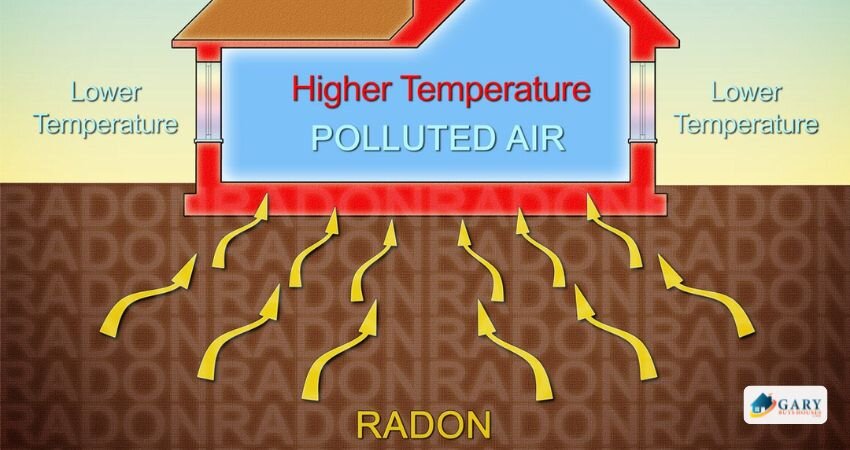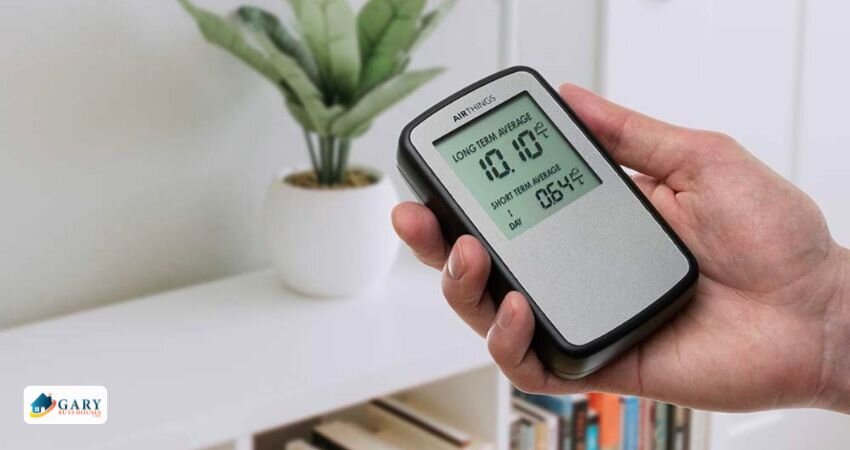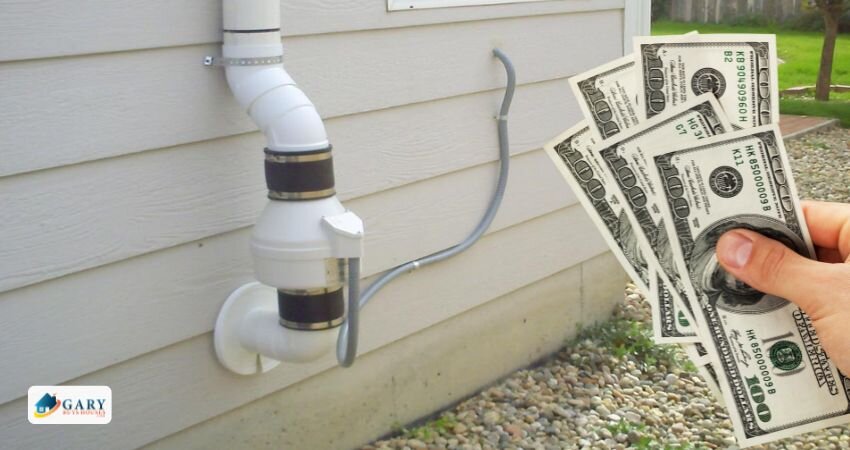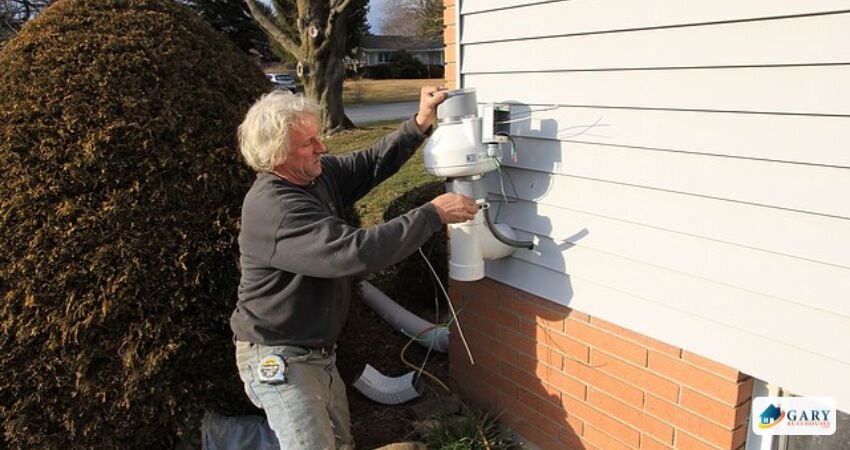Looking to sell or buy a house but it has radon in it? What should you do? And whose obligation is it to get rid of? This article can answer all your questions about what radon is, how to get rid of it, and how it impacts any real estate transactions.
What is radon?

First, what is radon? Radon is a radio active naturally occurring gas, the byproduct of decaying radioactive elements, like Uranium. It is one of the noble gases (its symbol is Rn and its number is 86 on the periodic table.) Radon is colorless, odorless, and inert. It is impossible to detect with human senses.
Radon naturally occurs in the atmosphere. Outside it disperses and is not a cause for concern but when radon gets trapped inside it can be critical. According to the EPA, or United States Environmental Protection Agency, radon is the second leading cause of lung cancer (the first being smoking.) The EPA assumes that 21,000 Americans die from radon related lung cancer each year.
Exposure to radon for a long period of time can significantly increase your chances of getting lung cancer.
Should you be concerned about radon?
With the scary statistics surrounding radon, should you be concerned about it? Radon outside is typically not a huge concern because it disperses and is only ever in small amounts. But, sometimes radon can get trapped inside a house, school, or workplace, and start building up.
“Uranium is a naturally occurring radioactive element that is present in nearly all rocks and soils; it has an average concentration in U.S. soils of about 2 pCi/g (3 ppm)” (du Preez 1989; NCRP 1984a)
As radon decays it travels up from the soil into the air, and through cracks and holes in a home’s foundation. From there it can build up in the house and become a problem. Most radon comes in through gas from the soil, but sometimes it can come in through well water or materials used to build the home.
All types of homes may have a radon exposure, whether new or old. The foundation gets cracks, the gas enters in and builds up, and without you being able to tell makes for a toxic environment. According to utahradondefense 1 in every 3 homes in Utah have an exposure to radon, so it may be worth getting your home tested for it.
Measuring radon levels

If you are interested in measuring the existing levels of radon in your home or checking if you have any, here are some options you can do. Radon is measured in pCi/L, which is short for picocuries per liter of air.
- There are at-home kits used to measure radon that you can order online. The best kits you should use will say “Meets EPA Requirements,” somewhere on the packaging.
- Or, you can contact your state radon program to hire a qualified professional to come check for radon levels in your home. Your state radon program would also know of professionals in the area who could get rid of the radon. Many of them offer a free test to check for radon.
What are radon mitigation systems?
If you have a high exposure to radon, there are few different types of “mitigation systems” you can choose to implement. Radon mitigation just refers to any process used to remove or lessen the amount of radon from a home.
The EPA recommends getting a radon mitigation system if radon levels are higher than 4 pCi/L.
Which type of radon mitigation system you get will largely depend on your house and its foundation. A radon mitigation professional can help you decide which one will be best.
According to the MN Department of Health, the three most common types of radon mitigation systems include:
Sub-slab suction – Pulls radon directly beneath the home’s foundation and vents it outside.
Drain tile suction – Pipe penetrates into the drain tile and vents the soil gases outside. Covers are placed on the sump baskets.
Sub-membrane – Used in crawl spaces, a plastic sheet covers exposed dirt on the floor, extends up onto the wall and is sealed. A radon pipe penetrates the plastic sheeting, pulls the soil gas from the crawl space, and vents it outside.
A certified radon mitigator will guarantee he or she can get the levels below 4 pCi/L. They will typically sign a contract and offer to test radon levels after installing the mitigation system.
Radon mitigation system cost

How much do radon mitigation systems cost? That will depend on the type you get, the person you hire to install it, and your house. An average instillation amount would be around $1,500- $3,000. The radon mitigation system will run 24/7 and add $7-$8 on your electric bill each month.
Selling or buying a house with a radon?
Okay, You’ve made it this far in the article, you’ve learned about what radon is and the steps that go into ensuring thw radon removal. Now you may be wondering how radon might affect your house buying or house selling experience. Let’s jump in and see.
In Utah, it is required for sellers to disclose whether there are any hazardous conditions present on the property, such as radon. If the seller has already tested the house for radon the test results should be given to the buyer. The buyer may want another test to be done if the previous test didn’t follow EPA protocols or if the test wasn’t recently completed.
If the seller hasn’t had a radon test done, and doesn’t know if there is radon present it might look more appealing to the buyer if they offer getting in a test. (As a seller you might want to have the home inspection before offering the test, just in case the radon levels come back higher than the acceptable amounts, your potential buyer may be more swayed to complete the sale.)
As a buyer a home with an already installed mitigation system may be an attractive asset, though a smart buyer would still get the home tested to make sure the radon mitigation system works.
Who pays for the mitigation system?

Let’s say you run the tests and find high levels of radon in the house. Now, the question is, whose job is it to pay for the mitigation system? The buyer or the seller? Radon mitigation systems can be discussed and treated like any other repairs that may need to be done during a real estate transaction.
You have a few options here:
- The seller can pay for the mitigation system to be installed. This can be beneficial to the seller because you get to choose which system you want to be put in, and if you put the mitigation system in that might be attractive to the buyer and ensure the sale. However, you may be held liable for the mitigation system if it doesn’t work.
- The buyer can pay for the mitigation system to be installed. This can be beneficial to the buyer because they have full control over what system and service they use. But, if the buyer doesn’t want to add on this cost there is a risk that the sale could fall through.
- The buyer chooses a mitigation company and the seller pays for it.
- The seller provides a credit or allowance for the radon mitigation system.
The seller is not legally obligated to pay for the mitigation system. However, you may choose to go that route if you think it will increase your chances of selling.
What else can you do
Another option you can do is contact Gary from garybuyshouse.com He will give a cash offer on your house in any condition (radon included!) Then you will have the money to take your next steps in life.
